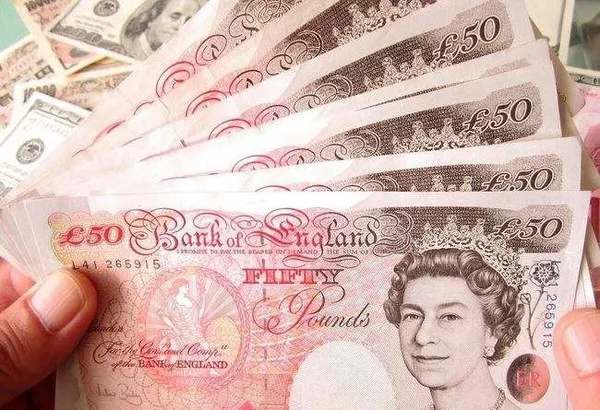The exchange rate between the British Pound (GBP) and the Jamaican Dollar (JMD) is an important indicator of the economic relationship between these two countries. Understanding the exchange rate can help individuals, businesses, and policymakers make informed decisions about financial transactions and investments. In this article, we will explore the current state of the GBP-JMD exchange rate and the factors that affect it.
Current Exchange Rate
As of May 29th, 2023, the British Pound to Jamaican Dollar exchange rate stands at approximately 212.30 JMD for every 1 GBP. This means that if you were to exchange 1 GBP for JMD, you would receive approximately 212.30 JMD. Conversely, if you were to exchange 1 JMD for GBP, you would receive approximately 0.0047 GBP.
Factors Affecting the Exchange Rate
The GBP-JMD exchange rate is influenced by a variety of factors including global economic conditions, political developments, and central bank policies. Here are some of the most significant factors that affect the exchange rate:
-
Global Economic Conditions:
The strength of the UK and Jamaican economies can have a significant impact on the GBP-JMD exchange rate. If the UK economy is performing well, demand for GBP may increase, causing the exchange rate to rise. Similarly, if the Jamaican economy is performing well, demand for JMD may increase, causing the exchange rate to rise in favour of the Jamaican currency. On the other hand, if either economy experiences a recession or downturn, the exchange rate may decrease.
-
Political Developments:
Political events such as elections, changes in government, and trade agreements can also affect the GBP-JMD exchange rate. For example, if the UK and Jamaica sign a new trade agreement, this could lead to increased demand for goods and services between the two countries, thus driving up demand for each other’s currencies.
-
Central Bank Policies:
The actions of central banks can have a significant impact on exchange rates. For example, if the Bank of England (BoE) decides to increase interest rates, this could cause an influx of foreign investment in the UK, driving up demand for GBP and causing the exchange rate to rise. Conversely, if the Bank of Jamaica lowers interest rates, this could lead to a decrease in demand for JMD, causing the exchange rate to fall.
-
Inflation:
Inflation can also affect the exchange rate between two currencies. If inflation is higher in one country than the other, the value of that currency may decrease relative to the other. This can lead to changes in the exchange rate over time.
Implications for Businesses and Individuals
The exchange rate can have significant implications for businesses and individuals who engage in international trade or travel. For example, businesses that import goods from the UK may find that their costs increase if the GBP-JMD exchange rate becomes less favourable. Similarly, individuals who are planning to travel to Jamaica may find that their money doesn’t go as far if the exchange rate decreases.
However, the exchange rate can also present opportunities for businesses and individuals. For example, if the exchange rate becomes more favourable, businesses that export goods to the UK may find that they are able to offer more competitive pricing. Additionally, individuals who are looking to invest in either country may find that they can get more value for their money if the exchange rate is in their favour.
Conclusion
Understanding the British Pound to Jamaican Dollar exchange rate is important for anyone who engages in international financial transactions or investments. While a variety of factors can influence the exchange rate, global economic conditions, political developments, central bank policies, and inflation are some of the most significant. As the exchange rate continues to fluctuate, businesses and individuals will need to stay informed in order to make the most of the opportunities and mitigate risks that arise.


